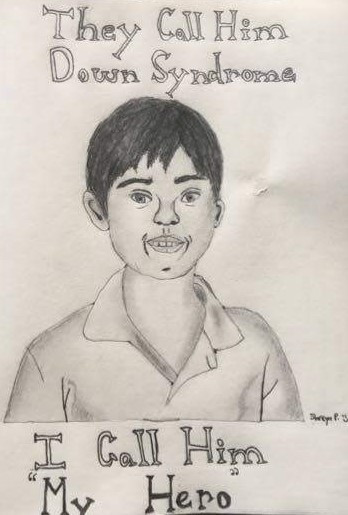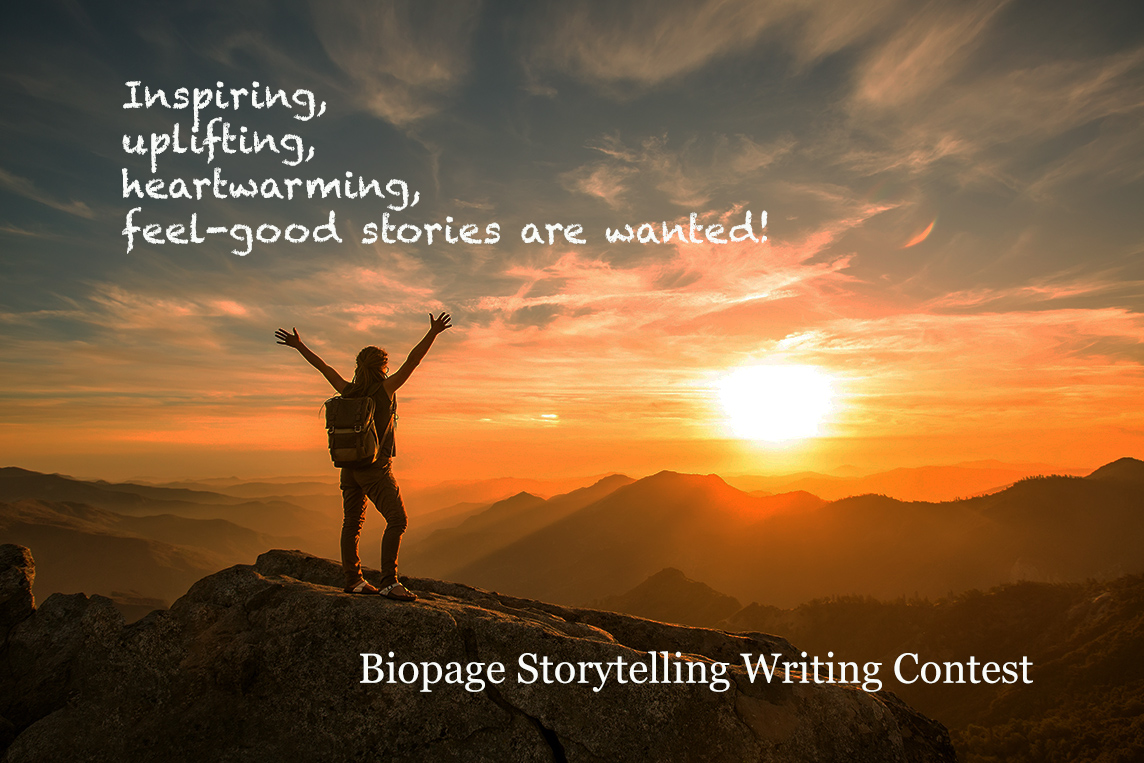Where there is a Will, there is a Way
“I empathize with your situation. I used to have a sibling with Autism until he outgrew it at 5...” Last year I was approached by a schoolmate, her words “used to” & “outgrew” lingered on my mind and prompted me to research Autism. Having a brother with a diagnosis for Autism and Down Syndrome, I feel extremely protective of him and people with disabilities. I have personally witnessed the difficulties my brother faces in performing even the simplest tasks that we often take for granted—like brushing his teeth in the morning, eating his food, getting ready for school, making friends, or completing his homework. Sadly, despite my brother's relentless efforts, which surpass those of any typical child, he faces more judgment than the average student. Year after year, he has to prove himself, whether it's for meaningful inclusion in school, making friends, achieving good grades, or pursuing employment opportunities. Despite all the challenges, we are very proud of my brother's accomplishments, he never quits and we never quit on him! The more I read and researched, the more my understanding aligned with what I initially believed – Autism is a condition that exists on a spectrum, not a disease that can be cured or outgrown. Throughout my freshman year, I frequently encountered situations where schoolmates demonstrated ignorance about Autism and other disabilities, even manipulating it for personal gain or simply lacking understanding. Witnessing these incidents left me feeling saddened by the prevailing ignorance and the need for greater awareness and acceptance of Autism and other disabilities in our community. During one such instance, I was approached by a classmate who said, “I wish I had your problems because then I could get into whatever college I wanted…” I thought to myself, “What problems? Having a brother with a disability is not a problem…,” I felt appalled by what was said but soon realized that there is a trend where students manifest mental health issues and invent sob-stories in an attempt to get into good colleges. Another example is one of my schoolmates who claimed to have Attention Deficit Hyperactivity Disorder or ADHD (without medical diagnosis) and even started diagnosing other students who don't have the condition. It is extremely annoying when students fake ADHD and other mental health issues to fit into the “quirky main character” aesthetic. All the experiences left me utterly astounded and deeply troubled. Numerous questions swirled in my mind. Why would some students stoop so low as to feign disabilities on behalf of their siblings? How could individuals' resort to such measures just to secure admission into prestigious colleges? Shouldn't our academic achievements be sufficient? Why do some find it acceptable to ridicule students with disabilities? How would they feel if they were subjected to such mockery? Suddenly I started getting flashbacks of incidents that I experienced growing up: The “never ending stares” of people at my brother whether we are at the restaurant, on a walk, at the airport, park, beach or just minding our own business. The apprehension and ignorance from the community to accommodate my brother's needs during community events, the indifference and lack of interest from parents of typical kids to instill the values and respect for people with disabilities in their children, the lack of meaningful inclusion for children with disabilities in the schools; there are so many experiences to share…I always wondered how I could transform the “never ending stares” into “friendly hellos”? The “ignorance” into “acceptance”? The “indifference” into “empathy”? Over the years, I have learned that altering people's perception & educating them is a great way of raising awareness & preventing stigmatization associated with disabilities. Awareness and education foster acceptance which can lead to kindness, empathy & support. My non-profit, “Art for a Cause” was born during COVID when I saw my brother struggle with social distancing. We painted together and created artwork to host my first Virtual Art Show. We donated the proceeds to promote awareness about DownSyndrome [ https://pitredeepali.wixsite.com/shreya-artshow ]. The response I got from friends, family, community, neighborhood & school was astounding. People were interested in my paintings but also genuinely cared about the cause. Through this process I have realized that art and painting have a remarkable power to bring people together: irrespective of their age, race, color, need, or ability. I am hopeful because with every painting you buy, we are one step closer in eradicating the myths and ignorance about disability. I am hopeful that my paintings can act as a positive catalyst to educate people, combat bullying, debunk myths, and erase derogatory language towards people-with-disabilities by fostering awareness, understanding and acceptance, in our homes, schools, and communities.








